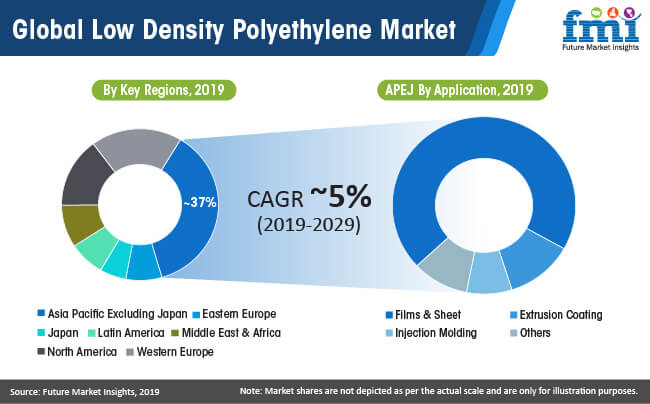
Polyethylene – High and Low Density: A Crucial Component in Industrial Sectors
Polyethylene is one of the most widely used thermoplastics in the world, found in countless products used every day. The popular plastic is used in all sorts of applications, from film wraps that keep our food fresh and clean to durable pipes used in gas distribution.
Polyethylene, abbreviated PE, is a polymer that is transformed into polyethylene resin through a polymerization process. PE is classified based on its density, including high-density polyethylene (HDPE) and low-density polyethylene (LDPE). These two forms of PE differ in physical and mechanical properties and applications.
Polyethylene, regardless of density, is an inert material. This means that it does not react with most chemicals, making it incredibly useful for containing and transporting hazardous and corrosive substances. PE is also resistant to thermal and electrical conductivity, UV radiation, and cracking, making it a suitable material for use in various industrial sectors.
PE's applications in the medical industry are vast because of its biocompatibility properties, which reduce the risk of adverse reactions when in contact with biological tissues, cells or fluids. It is used to make products such as PE gloves, aprons, booked gloves, sleeves, shoe covers, organ bags, barber cape, isolation gowns, and other personal protective equipment (PPE).
Food and beverage packaging is another sector where PE is the preferred option because of its low migration potential and food-contact approval. The plastic's flexibility and tensile strength make it perfect for packaging that requires sealing and stretching, such as cling films and bags.

In the agriculture industry, PE is commonly used in producing irrigation and drainage pipes, greenhouse films, and silage bags. These are manufactured mainly using LDPE or LLDPE because of their excellent flexibility, resistance to impact and cracking, and their ability to withstand environmental stress.
PE is also used extensively in the automotive sector to manufacture fuel hoses and tanks, exterior trims, and cable insulation. Additionally, it is utilized in the construction industry with applications such as the production of roofing membranes, water tanks, and insulation materials.
Finally, the textile industry is an area where PE is used to produce nonwoven materials such as geotextiles, which are used to stabilise soils and prevent erosion, and in the manufacturing of household materials such as shopping bags, carpet backing and bedding.
In conclusion, PE is an essential material for multiple industrial sectors, thanks to its inertness to chemicals, resistance to impact and cracking, flexibility, and strength. Worldchamp Enterprises has been providing quality PE products since 2004, specializing in designing and producing, ensuring that every client gets the best value for their money.